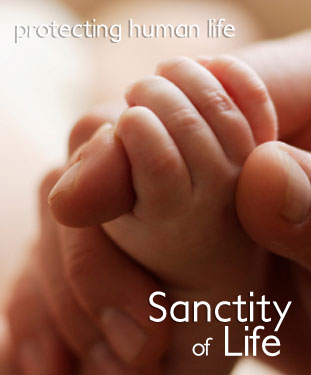During the past couple days the Texas state legislature has been engaged in an intense debate over Senate Bill 5 (SB5), which would ban abortion after 20 weeks when there is medical evidence that the unborn can feel pain.
SB5 would also require that abortion clinics meet the same standards as other health-care facilities and mandate that abortion providers have admitting privileges at a local hospital. Some have argued that regulations included in this bill would result in the closure of many Texas abortion clinics. Many supporters of legal abortion have been present in the state capitol in Austin to protest the legislation.
 Media outlets have been reporting on various polls trying to make the case that the legislation is unpopular. However, all these polls show is that — even in a red state like Texas – abortion polls can be easily manipulated.
Media outlets have been reporting on various polls trying to make the case that the legislation is unpopular. However, all these polls show is that — even in a red state like Texas – abortion polls can be easily manipulated.
A poll commissioned by Greenberg Quinlan Rosner asked a series of loaded questions. They found that a majority of Texans think that there are enough pro-life laws on the books and feel that legislature should be focusing on other issues. This all may be true, but that does not mean SB5 itself is unpopular. Majorities also think that abortion decisions should be made by a woman and her doctor. However, abortion survey questions that include the tacit approval of medical professionals inevitably bias the responder toward greater support for legal abortion
A more professional poll was conducted by the University of Texas and the Texas Tribune. It shows that 46 percent of Texans think abortion should either be illegal or only legal in the cases of rape, incest, or when there is danger to the life of the mother. Only 36 percent thought abortion should be a matter of personal choice.
The rest declined to respond or felt that abortion should be available only when need was clearly established. This is consistent with survey results from other red states. More importantly, this poll shows that banning abortion after 20 weeks of gestation — one of the provisions of SB5 — has the support of over 62 percent of Texas residents. Of course, these sorts of surveys often receive little attention from many media outlets.
LifeNews.com Note: Dr. Michael New is a political science professor at the University of Michigan–Dearborn and holds a Ph.D. from Stanford University. He is a fellow at Witherspoon Institute in Princeton, New Jersey.







